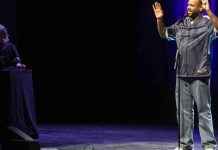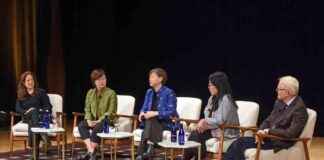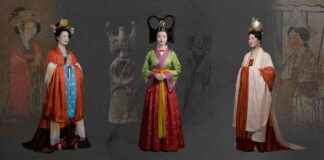The biography “I Have No Enemies: The Life and Legacy of Liu Xiaobo” by Perry Link and Wu Dazhi sheds light on the life of Liu Xiaobo, a prominent dissident in China’s history. Liu’s life story is not only a personal journey but also a reflection of Chinese political thought and activism over the past five decades. Born in 1955 in Jilin province, Liu grew up in a privileged family with connections to the Communist Party. His experiences during the Cultural Revolution had a profound impact on his views, leading him to become a vocal critic of the Party’s unchecked power.
Liu’s academic pursuits and involvement in the Rights Defense Movement in the 2000s marked him as a leading figure in advocating for civil liberties in China. Despite facing imprisonment and exile, Liu remained committed to his ideals and was awarded the Nobel Peace Prize in 2010. His legacy as a dissident who fought for democratic reforms continues to inspire many.
The biography also delves into Liu’s personal struggles and character flaws, including his marital infidelities and self-centered behavior. However, his transformation over the years, especially through his relationship with his second wife, Liu Xia, and his work with the Tiananmen Mothers, showcases his growth as a compassionate and influential figure in the fight for human rights in China.
Liu’s involvement in the Rights Defense Movement and his role in drafting Charter 08, a political treatise calling for democratic reforms, highlights his unwavering commitment to challenging the authoritarian regime in China. Despite facing imprisonment and persecution, Liu’s legacy lives on as a symbol of resilience and hope for a more democratic China in the future.
The biography also raises important questions about the Western world’s perception of China and the need for a deeper understanding of the country’s complex history and political landscape. By examining Liu’s life and activism, we gain insight into the challenges faced by dissidents in authoritarian regimes and the enduring spirit of resistance against oppression. Liu’s story not only provides a glimpse into China’s past but also offers a glimpse of a possible future where democratic ideals prevail.
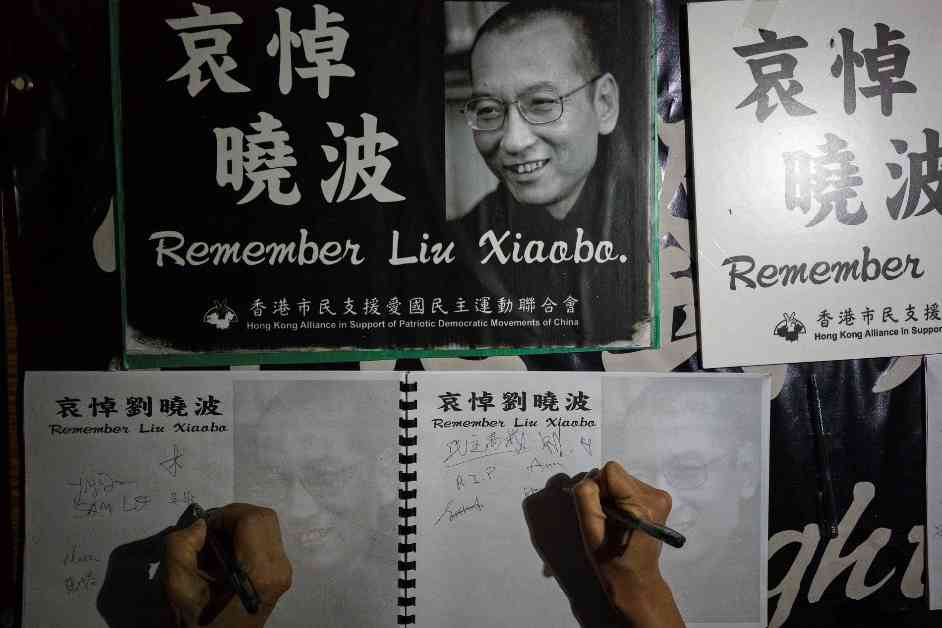
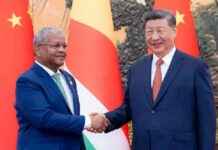







![Indie music fans gather at l’Antipode for [Face B] Kool Things soirée on Saturday night news-15112024-105933](https://shanghainewstv.com/wp-content/uploads/2024/11/news-15112024-105933-218x150.jpg)


